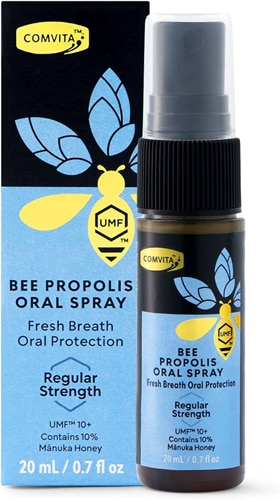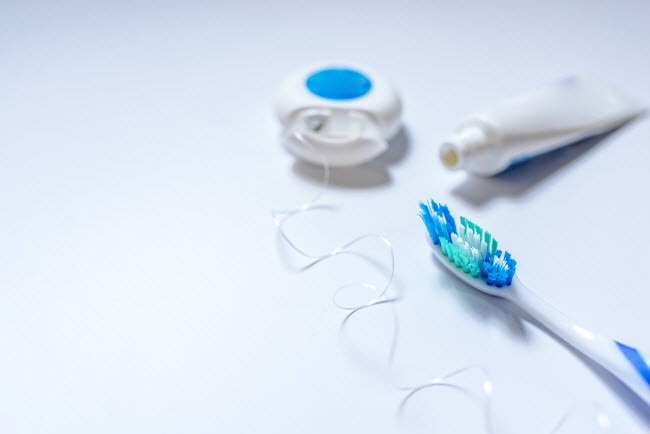Like youth, good teeth are wasted on the young. It’s often not till middle age that we realize how precious our teeth are—and by then plenty of damage has been done. If there’s one thing your future self might like to impart to you it’s the importance of good oral health care. Yes, this means brushing twice a day, but it’s more than that. Without proper care, tooth decay or gum problems can escalate into chronic pain, problems with self-confidence and tooth loss. These issues can affect a person's work, school or personal life.
Oral health is actually the key to overall health. For example, the association between oral health and overall health has been well documented for many conditions. In 2017, strong evidence supported the link between oral health and rheumatoid arthritis. The state of your mouth is indicative, not only of your self-discipline, but of many medical conditions that may first show up as symptoms in your teeth and gums. Going to the dentist regularly is a no-brainer: It supports a healthy mouth and it can also be an avenue for early diagnosis and treatment for a number of health issues.
Oral hygiene, practiced at home with due diligence, ensures that your teeth that will last a lifetime (or close to it). The following are some best practices to make sure your oral care is up to snuff.
Oral Health Best Practices
1. Brush up on your brushing technique
All too often, people rush through their teeth brushing, or just go through the motions by rote, all the while thinking about something else. Go slow, hold your toothbrush at a slight angle — roughly 45 degrees to your gum line. Many people brush their teeth too aggressively, but thinking harder equals cleaner can hurt your gums.
Gently brush with circular short back-and-forth motions. Remember to brush the outside, inside and chewing surfaces of your teeth, as well as your tongue. Brush your teeth for two minutes, trying to be mindful and attentive to the task at hand.
Brushing your teeth twice a day is the gold standard, but if you can only brush once do it in the evening, which prevents the germs and plaque that accumulate throughout the day becoming more entrenched overnight.
2. Become a dedicated flosser
Many people who brush everyday think flossing is negotiable—but it should be treated as much as a priority as brushing. And flossing isn’t just for removing stubborn pieces of corn that get stuck between your teeth. It plays a crucial role in stimulating the gums, reducing plaque and helping lower inflammation in the area.
3. Consider using interdental cleaners as backup
Some people find it hard to floss twice a day but are prone to getting food lodged between their teeth. No substitute for flossing, but worthy wingmen, are dental picks, water pics and water flossers. These alternatives do great if you are in a time crunch. In 2013, Philips released the first electric interdental flosser that fires off bursts of air and water to power clean the spaces between your teeth. While air flossers don’t replace manual flossing, their convenient point and click design makes for a handy addition to your oral health repertoire.
4. Snub smoking
Smoking harms the body's immune system, which makes it difficult for the body to heal tissues, including those in the mouth. The CDC name smoking as a risk factor for gum disease, while the ADA warns that people who smoke may experience slower healing after a dental procedure.
5. Skip the soda
Sugar-sweetened beverages are the number one source of added sugars in the typical diet of those in the U.S. Sipping on soda, juice, sports drinks throughout the day—better to drink all in one go to reduce prolonged exposure to sugar--can lead to a higher risk of cavities. Limit drinking sugar-sweetened drinks at meal times and in small volumes, or quit drinking soda all together.
6. Turn to professionals
Your own everyday habits are crucial to your overall oral health. Still, even the most dutiful brushers and flossers need to see a dentist regularly. At minimum, you should see your dentist for cleanings and checkups twice a year. Experts recommend that people see a dentist every 6 months for a checkup. During a routine dental examination, a hygienist will clean the teeth and remove plaque and hardened tartar that can build up and lead to cavities.
Bottom line:
Good dental habits, particularly daily brushing and flossing, can ensure that your teeth and gums stay in good shape. A healthy mouth is an essential part of good overall health.




